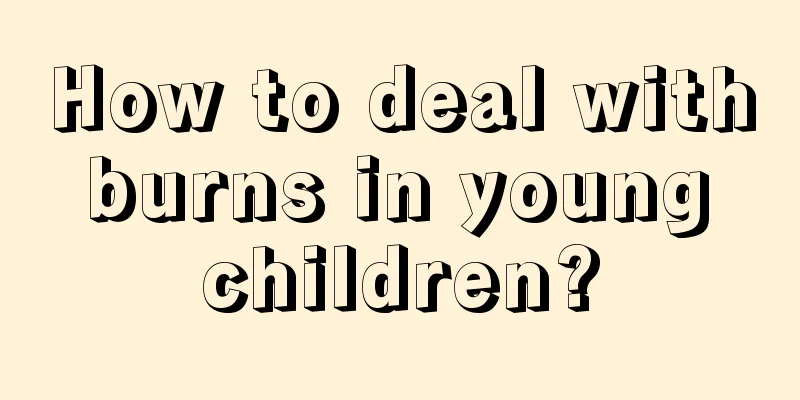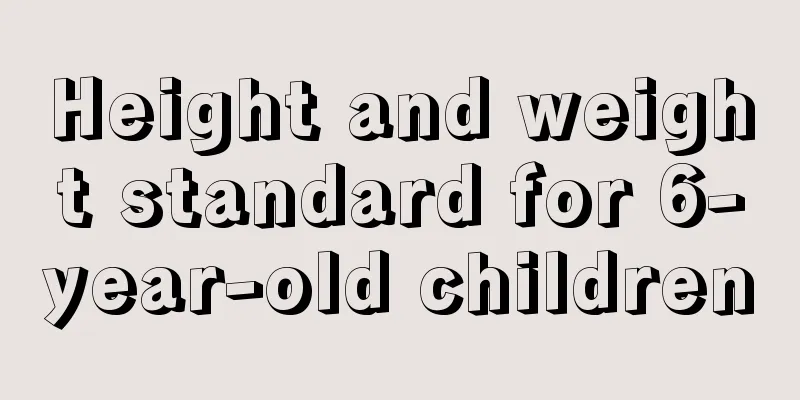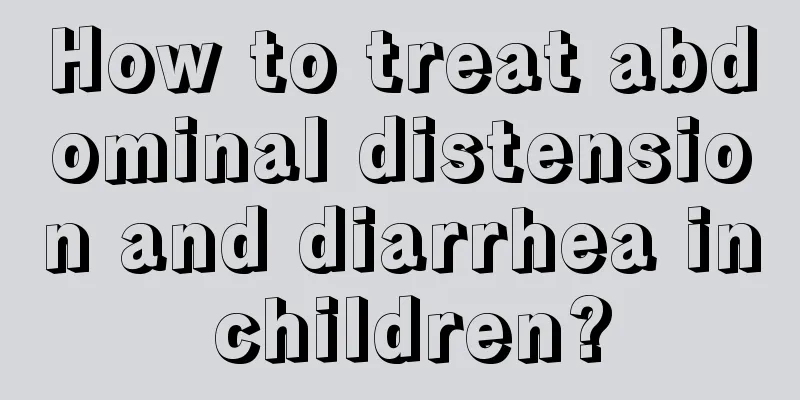One-year-old baby enteritis symptoms

|
If a one-year-old baby has enteritis, there will be many symptoms. Of course, the obvious symptoms are vomiting and diarrhea, which will cause the baby to cry and have a fever. If it is more serious, it will cause watery stools and a serious decline in digestive function. If you do not pay attention to good treatment, it may even cause electrolyte imbalance in the child, threatening his life. Let’s take a look at this aspect. One-year-old baby enteritis symptoms Gastroenteritis is common in infants and young children of all ages. In addition to adults not cleaning their hands properly when preparing food, young children sometimes do not wash their hands before eating, eat unclean food, or the food is not properly stored and is contaminated by bacteria and viruses. The food enters the gastrointestinal tract and causes infection, leading to gastroenteritis. The typical symptoms of gastroenteritis are vomiting, diarrhea, abdominal pain, and in severe cases, fever and abdominal distension. In addition, Dr. Lin Jianhong pointed out that some gastroenteritis may also be combined with cold virus infection, resulting in a mild cold. In principle, when gastroenteritis is accompanied by respiratory symptoms such as colds, sore throats, and general weakness, a viral infection is generally suspected first. Whether gastroenteritis is caused by viral infection, such as norovirus, rotavirus; or bacterial infection, such as salmonella, in principle, the incubation period is about 1 to 2 days before the disease occurs, accompanied by symptoms such as abdominal pain, vomiting and diarrhea. However, gastroenteritis does not necessarily cause diarrhea immediately. If a child is constipated, he may only have a fever and abdominal distension when suffering from gastroenteritis. Do not take it lightly. Due to the incomplete establishment of normal intestinal flora in children and the lack of various digestive enzymes, and the fact that children suffer from viral enteritis, these intestinal flora and digestive enzymes are destroyed, resulting in the child's current digestion and absorption function being worse. It is recommended that you feed your child some drugs to supplement gastric enzymes and help establish normal flora, and also pay attention to the child's usual feeding. How to care for children with gastroenteritis When a child suffers from gastroenteritis and vomits, he should not eat anything for the time being, let the stomach and intestines rest, and drink water appropriately. Eat small meals frequently, take 1-2 bites first, rest for 10-20 minutes, and then eat again if you haven't vomited. Viral gastroenteritis is highly contagious. Norovirus can infect people of any age, while rotavirus is more common in infants and young children under 6 years old. Symptoms of viral gastroenteritis include watery diarrhea and vomiting, or may include headache, fever, abdominal cramps, stomach pain, nausea, muscle aches, etc.; most people can recover after infection, but infants, the elderly, and people with compromised immune systems may become dehydrated, lack electrolytes, and then have convulsions after infection. Prevention methods include washing hands frequently after using the toilet, before eating or preparing food; cooking all food thoroughly (especially shellfish), and washing fruits and vegetables thoroughly; Leftover food should be stored in a refrigerator at a moderate temperature, and food that does not need to be cooked should be eaten as soon as possible; clothing and bed sheets contaminated by the patient should be changed immediately, and the environment (such as toilets, door handles) and surfaces of utensils should be wiped with bleach (1000ppm) if they are contaminated; Before handling feces and vomitus of patients, you should wear gloves and a mask, disinfect them with bleach (5000ppm) before flushing them into the sewer, and wash your hands thoroughly. |
<<: One month old baby enteritis symptoms
>>: How to judge baby enteritis
Recommend
What are childhood anxiety disorders?
In life, we often see some children who often sho...
Child coughing for one month
If a child has been coughing for a month, parents...
What should I do if my child’s toenail falls off?
As we all know, toenails are a part of our human ...
Why are the skin on children's fingers peeling?
Children are the weakest because of their low res...
What to eat for active kids?
The survival pressure in today's society is h...
Causes of yellow eyes in babies
Many babies have yellow eyes, which makes many pa...
How to treat tenosynovitis in children
When children have tenosynovitis, of course we sh...
Causes of tics in children
Infant tics are also a relatively common disease ...
How many teeth do children usually replace?
When each of us was a child, we all went through ...
How to treat herpetic pharyngitis in children
Herpetic pharyngitis in children is a special typ...
What should I do if my newborn baby has blue eyes?
For every family, they want their newborn to be h...
Is it normal for a baby to be very strong?
Because newborn babies are not fully developed, p...
Why does the baby sleep with his head tilted?
Babies often sleep with their heads tilted, which...
What should I do if my child doesn’t like to communicate?
Communication is a way of conveying information b...
Gross motor development delay in children
A child's physical motor skills and intellect...









